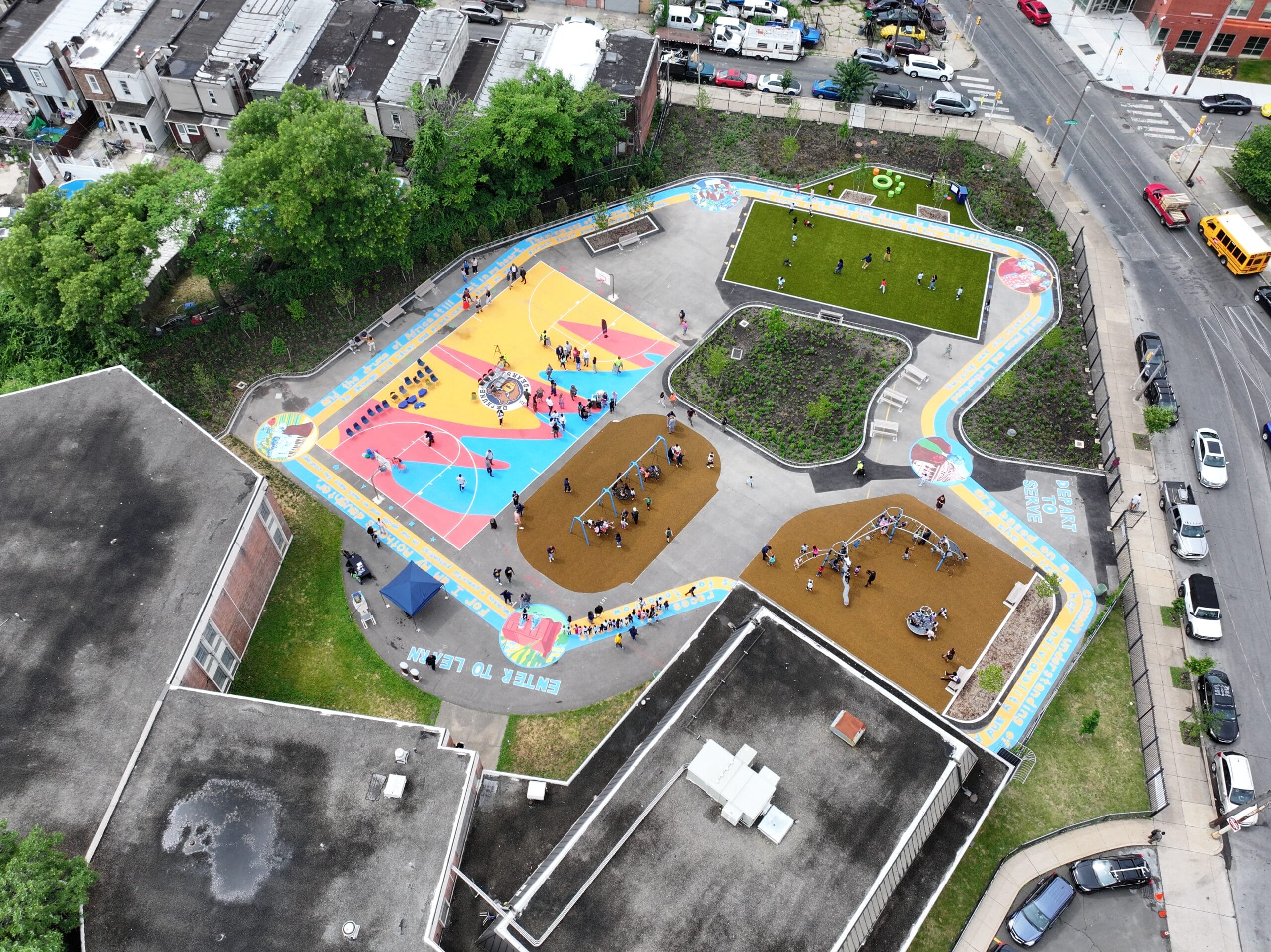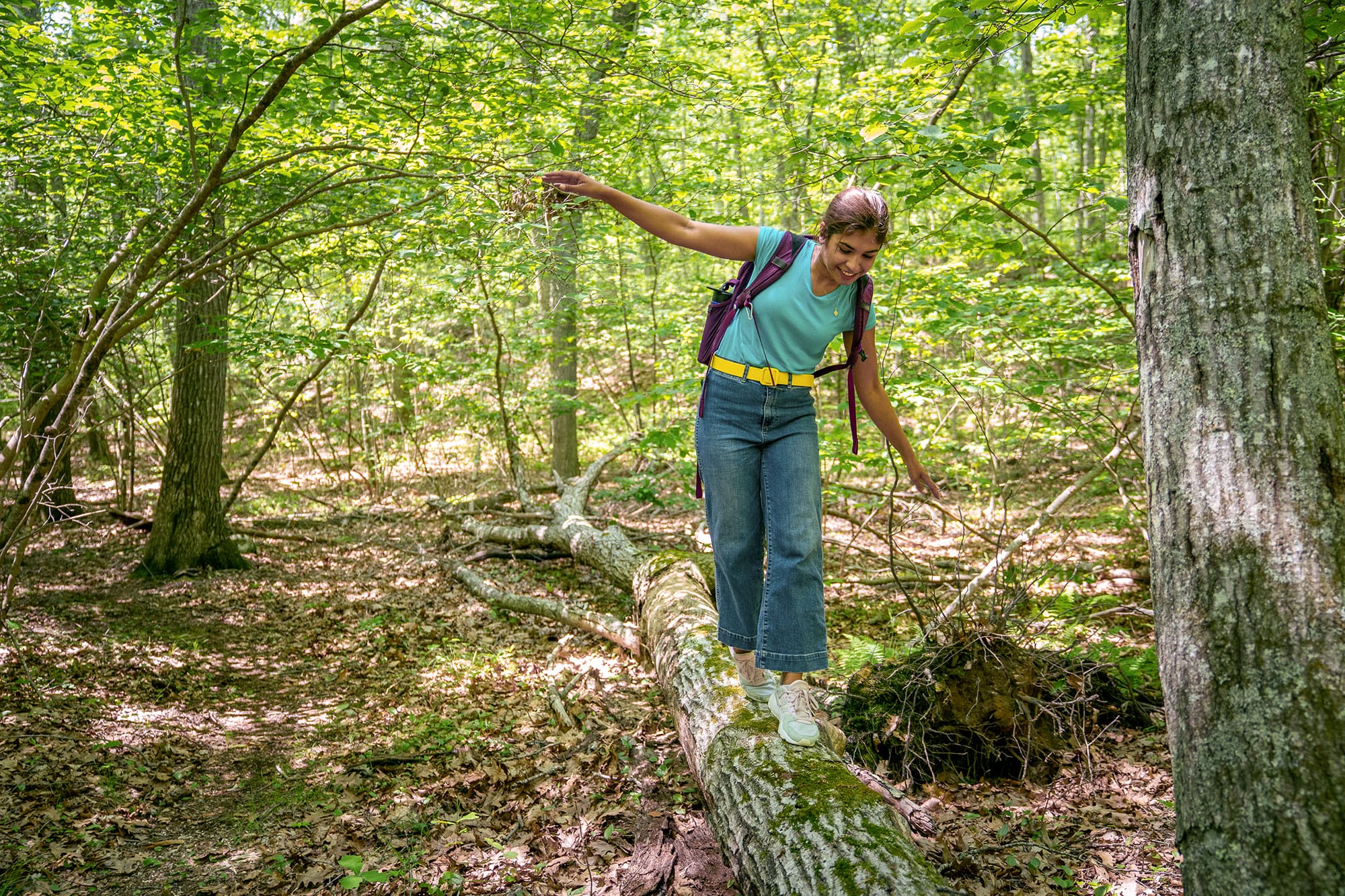
Five public lands issues the Biden-Harris Administration should tackle in its first 100 days
Five public lands issues the Biden-Harris Administration should tackle in its first 100 days
With a new Congress in session and a presidential inauguration in the rearview, there’s a lot going on in Washington, DC, these days. So we asked our team of policy experts about the parks and public lands issues the new administration should prioritize for healthy, equitable, resilient communities.
Read up on these important policies—and make your voice heard on the public lands issues that matter most to you.
1. Emergency funding for local parks
Helping Americans endure COVID-19—and recover from its devastating effects—is the top priority for the Congress and the Biden-Harris Administration. The Trust for Public Land is leading a coalition of over 200 groups calling for an emergency $500 million investment in parks as part of forthcoming stimulus legislation.
“This funding is urgently needed to save 100,000 at-risk seasonal jobs or create 8,000 new ones, while generating $1.37 billion in economic activity,” says Trust for Public Land Senior Legislative Representative Alex Schaefer, who’s leading the policy strategy for the effort. “This money could fund 500 new parks where they’re needed most—a significant step toward our goal of ensuring that everyone has access to the outdoors.” Learn more about this policy priority and let your elected officials know you support park equity.
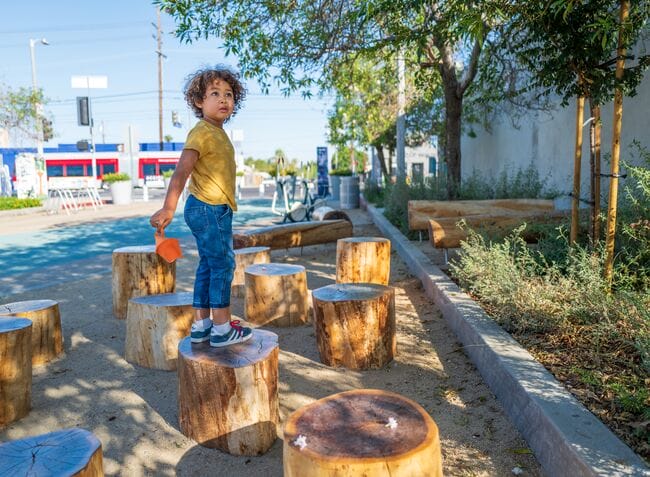 The Trust for Public Land is leading a coalition of over 200 groups calling for an emergency $500 million investment in parks where they’re needed most.Photo credit: Joe Sorrentino
The Trust for Public Land is leading a coalition of over 200 groups calling for an emergency $500 million investment in parks where they’re needed most.Photo credit: Joe Sorrentino
2. Restore national monuments
Three years ago, the Trump administration slashed Utah’s Grand Staircase-Escalante National Monument by half, and cut nearby Bears Ears National Monument down to 15 percent of its original size. “Whether Trump’s actions were legal is a question currently making its way through the courts,” says Jordan Schreiber, our director of national outreach and advocacy. “But that did not stop the outgoing administration from making these incredible places available for mining, drilling, and development in the meantime, despite years dedicated activism from people all over the country.”
Today Schreiber is working with other environmental organizations in pressuring the incoming Biden Administration to reverse this troubling decision, and urging President Biden to restore Bears Ears and Grand Staircase-Escalante National Monuments within the first 100 days of his administration.
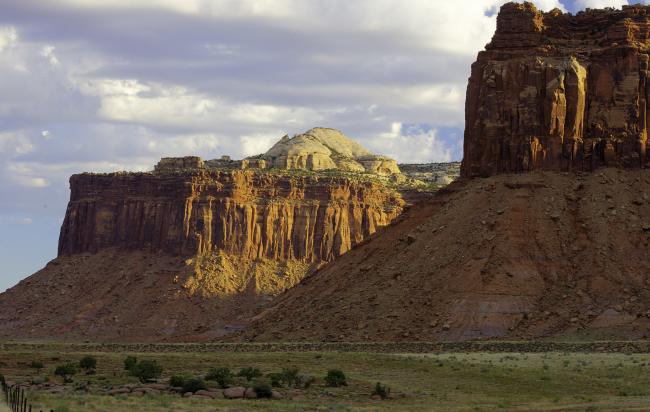 The Trump Administration cut Bears Ears National Monument down to 15 percent of its original size. We’re working on Capitol Hill to restore protections to this vital landscape.Photo credit: Bureau of Land Management
The Trump Administration cut Bears Ears National Monument down to 15 percent of its original size. We’re working on Capitol Hill to restore protections to this vital landscape.Photo credit: Bureau of Land Management
3. Honor the bipartisan commitment behind the Great American Outdoors Act
This summer we celebrated the passage of the most important parks and public lands legislation in a generation: the Great American Outdoors Act, which guarantees full, permanent funding for the Land and Water Conservation Fund (LWCF).
Unfortunately, former Interior Secretary David Bernhardt almost immediately undercut the transformative potential of this hard-fought, bipartisan legislative victory. In November 2020, Bernhardt issued an order requiring, among other restrictions, local and state governments to sign off on federal projects receiving LWCF funding. “These new restrictions add unnecessary hurdles to a policy process that has worked well for landowners and public agencies for over 50 years, and could make it much more difficult for private landowners who want to see their land added to a national park or a national forest to complete that deal,” says our legislative director, Myke Bybee. “It’s basically a giant road block in front of the bipartisan momentum for public lands that carried the Great American Outdoors Act across the finish line this summer.”
We fought for full and permanent funding for LWCF for over 30 years, and we’re determined to see the Great American Outdoors Act implemented fairly to ensure a more equitable future for our parks and public lands. So these days Bybee is busy talking to the Biden administration, making clear that this law must be implemented as Congress intended. As a new Interior Secretary steps into the office, we’re urging the Biden Administration to reject this damaging attempt to end-run the will of the American people.
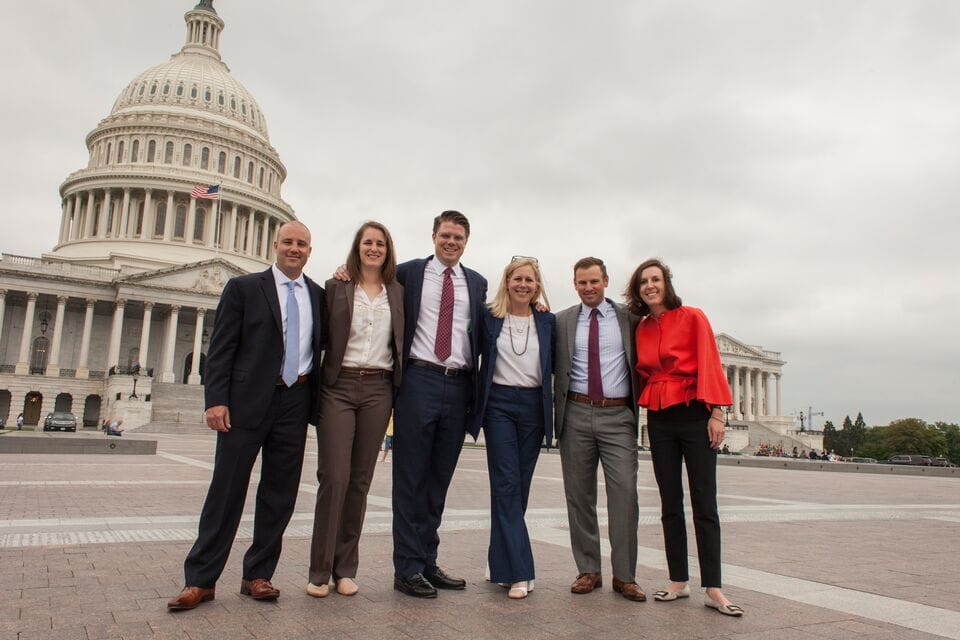 We fought for full and permanent funding for LWCF for over 30 years, and we’re determined to see the Great American Outdoors Act implemented fairly to ensure a more equitable future for our parks and public lands.Photo credit: Elyse Leyenberger
We fought for full and permanent funding for LWCF for over 30 years, and we’re determined to see the Great American Outdoors Act implemented fairly to ensure a more equitable future for our parks and public lands.Photo credit: Elyse Leyenberger
4. Fund the parks and land conservation projects our communities need right now
During the pandemic, access to the outdoors is more important than it’s ever been. But too many people in America don’t have a park close to home, and too many of our shared public lands are threatened by locked gates and “No Trespassing” signs. So we’re working alongside communities to identify and fund the park upgrades and land protection projects that matter to them.
It’s Dan Chapin’s job to help track down federal funding for these projects through sources like LWCF. A senior legislative representative at The Trust for Public Land, Chapin is working with congressional offices to rally support and funding on behalf of communities nationwide. “We’re holding meetings and connecting folks on the ground with folks on Capitol Hill to make sure elected officials and their staffs understand why these projects are important to their constituents, and what they can do to improve access to national and neighborhood parks in their home states,” Chapin says. On Chapin’s list of priorities is an effort to conserve a thousand acres of forests and streams next to a popular lookout in the Kaneʻohe area of Oahu, and a project that would improve public access to 13,500 acres near Quill Hill along the Appalachian Trail in Maine.
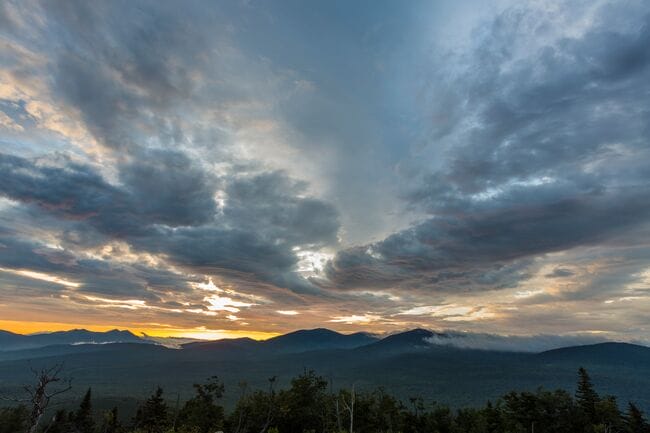 The Appalachian Trail runs through Maine’s High Peaks region. We’re working to secure federal funding to conserve over 13,500 acres of working forest.Photo credit: Jerry and Marcy Monkman
The Appalachian Trail runs through Maine’s High Peaks region. We’re working to secure federal funding to conserve over 13,500 acres of working forest.Photo credit: Jerry and Marcy Monkman
5. Use infrastructure spending to fight climate change
“While we can’t be certain of much with the 117th Congress, we do feel confident that there’s significant bipartisan support for an infrastructure package in the next twelve months,” says Bill Lee, our vice president of policy, advocacy, and government relations. Our goal? To put that funding to work on projects that will reduce greenhouse gases in the atmosphere and protect people from the growing threats of climate change. That could be anything from developing bike trails that make it easier for commuters to ditch the car to building water-smart parks that absorb stormwater and reduce flooding to protecting forests that capture and store atmospheric carbon.
To make sure the upcoming infrastructure bill funds the climate-smart communities we need, Lee is connecting with lawmakers on both sides of the aisle and making it clear that green infrastructure is a win-win solution. Want to help push for a safer climate future for your community? Contact your elected officials and urge them to support federal funding for natural climate solutions.
Rising temperatures, bigger storms, and asphalt schoolyards pose significant risks during recess. Urge Congress to prioritize schoolyards that cool neighborhoods, manage stormwater, and provide opportunities for kids to connect with nature today!
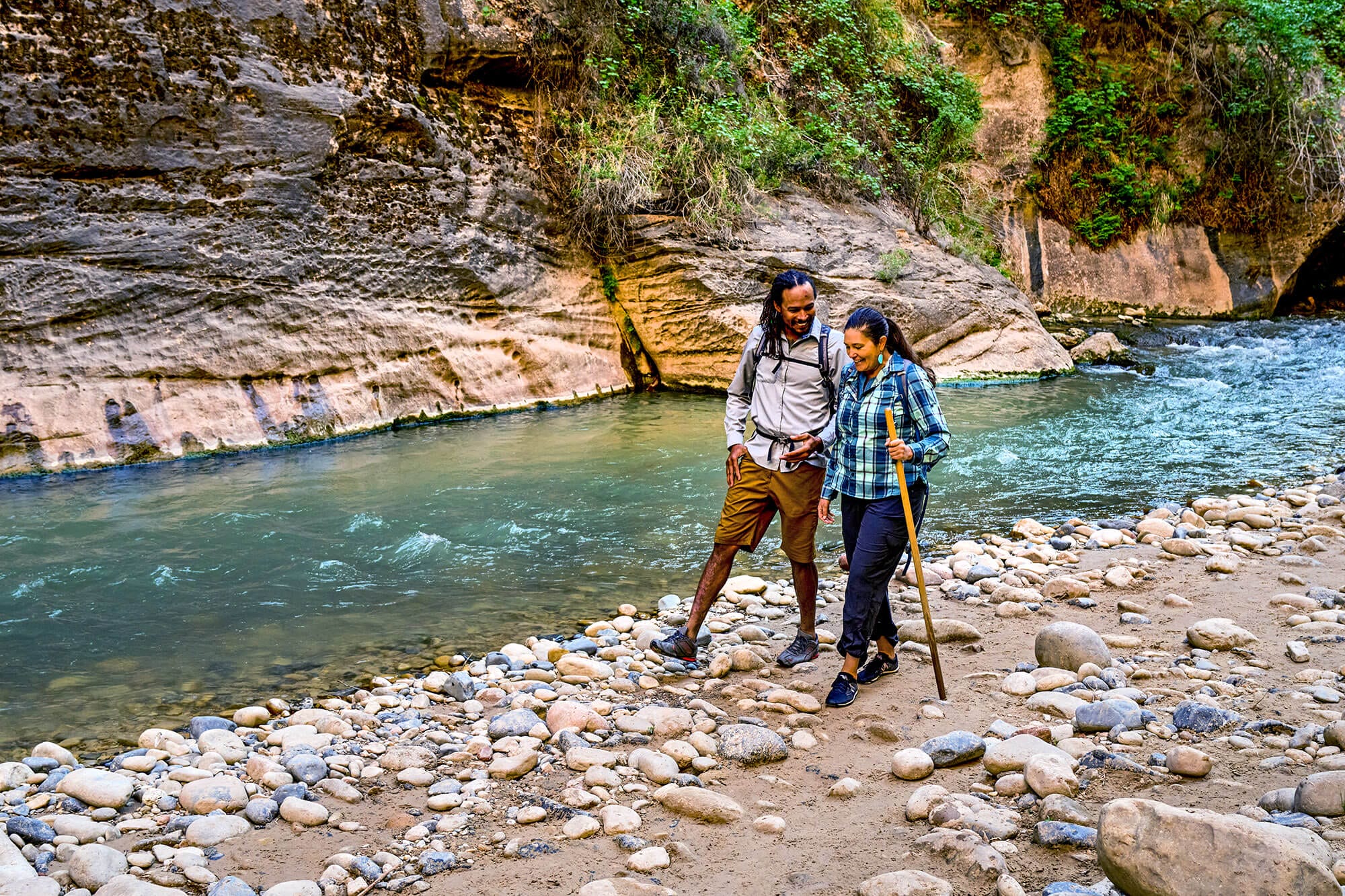
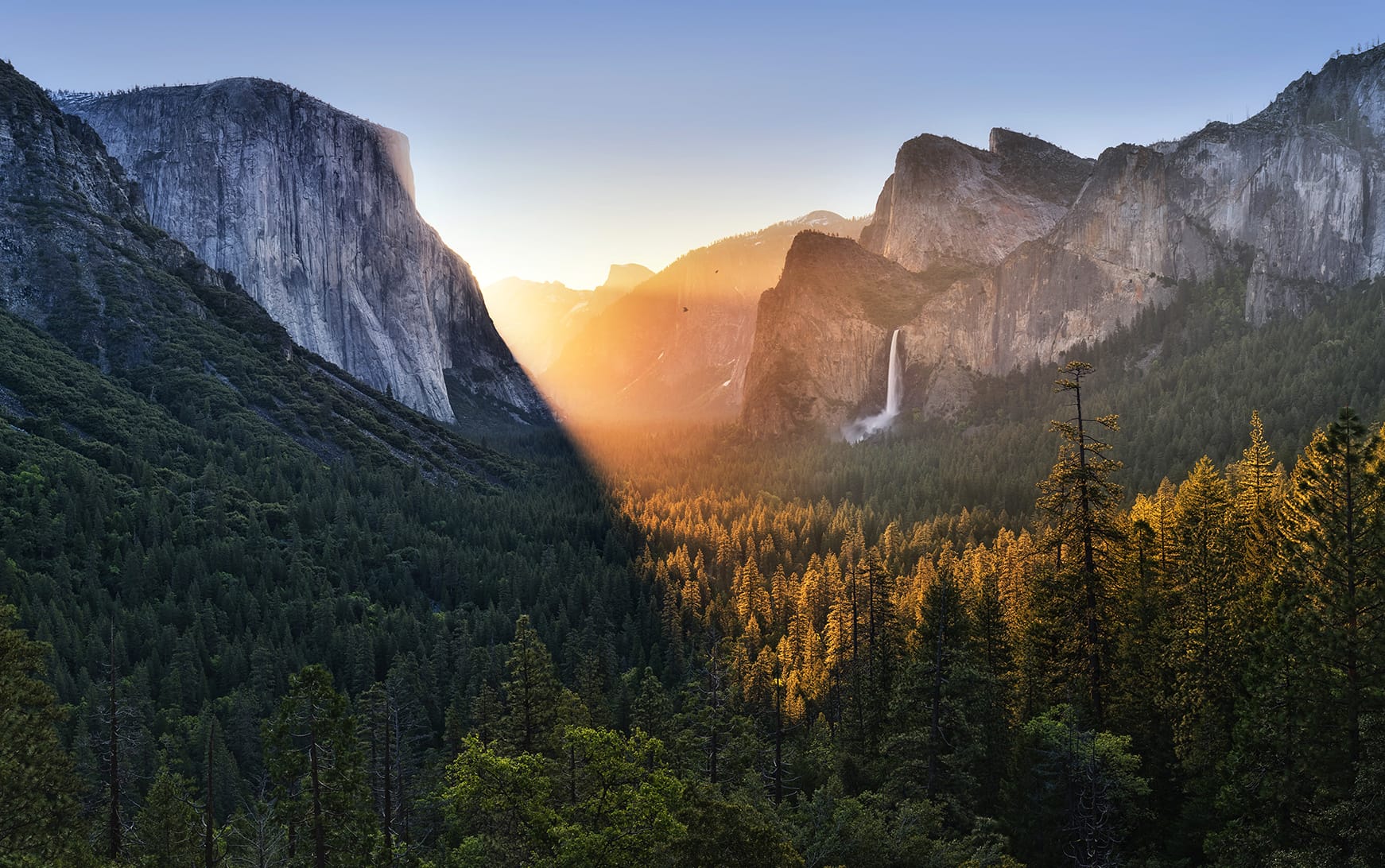
Donate to become a member, and you’ll receive a subscription to Land&People magazine, our biannual publication featuring exclusive, inspiring stories about our work connecting everyone to the outdoors.
See how our supporters are helping us connect people to the outdoors across the country.



